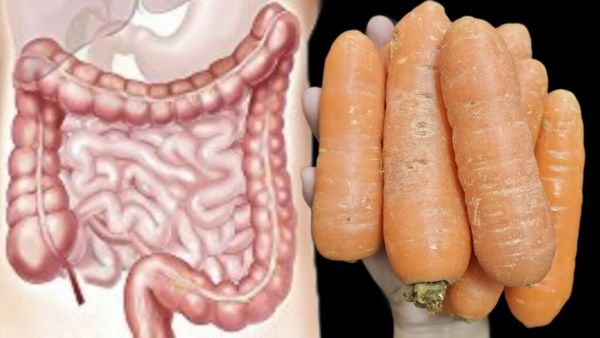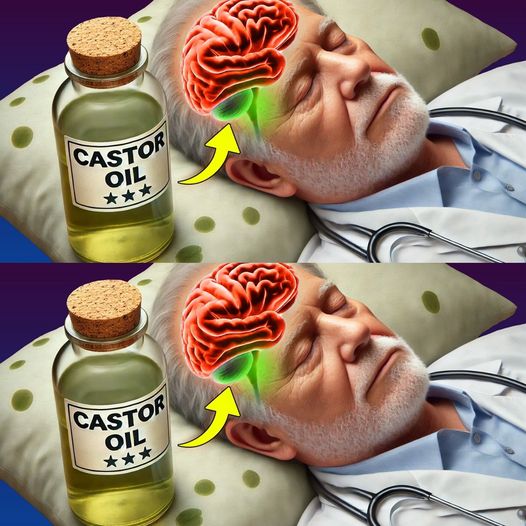
The kidneys play a crucial role in keeping our bodies healthy. Located just under the rib cage, they are responsible for filtering 10-150 quarts of blood each day, removing excess fluids and waste materials. They also regulate electrolyte levels, maintain bone health, produce red blood cells, and stabilize blood pressure.
However, if the kidneys are not functioning properly, it can have a severe impact on our overall health. Recognizing the signs of kidney damage or failure is essential in order to prevent further complications. Here are 8 signs that your kidneys may be in danger:
1. Swellings
When the kidneys are unable to eliminate excess fluids from the body, it can lead to swelling in various areas such as the face, joints, and limbs. If you notice unexplained bloating or puffiness, it may be a sign of kidney trouble.
2. Changes in Urination
Pay attention to any changes in your urination habits, as they can indicate kidney problems. Look out for the following signs:
- Difficulty urinating
- Feeling pressure during urination
- Dark urine, infrequent urination, or urinating in small amounts
- Pale-colored urine, frequent urination, or urinating in large amounts
- Foamy urine
- Increased urge to urinate during the night
3. Rash on the Skin
The accumulation of waste in the body due to kidney failure can cause rashes and itching on the skin. The build-up of toxins in the blood can make the skin appear dry, unhealthy, and irritated. While lotions and creams may provide temporary relief, it’s important to address the underlying kidney issue.
4. Fatigue
Healthy kidneys produce a hormone called erythropoietin (EPO), which stimulates the production of red blood cells. When the kidneys are not functioning properly, the number of red blood cells decreases, leading to fatigue. This can have an impact on both the brain and muscles and is often a sign of severe anemia.
5. Shortness of Breath
Experiencing shortness of breath may be a common problem, but it can also be a result of kidney damage. When there is a lack of oxygen in the body due to a low number of red blood cells, it can be attributed to the accumulation of toxins in the lungs.
6. Metallic Taste in the Mouth
A build-up of waste in the blood can change the taste of food and even cause bad breath. Experiencing a metallic taste in the mouth may indicate kidney damage. Additionally, a significant change in certain food preferences or a poor appetite can also be a warning sign.
7. Pain
Pain in the upper back, around the area where the kidneys are located, is another symptom of kidney issues. Infections or kidney stones can further trigger this pain. If you experience persistent upper back pain, it’s important to consult a healthcare professional.
8. Poor Concentration and Dizziness
When the brain does not receive adequate oxygen, it can lead to poor concentration, dizziness, and memory troubles. This lack of oxygen flow is commonly associated with anemia and kidney failure.
To promote kidney health, it is essential to incorporate healthier foods into your diet and consume more antioxidants. By giving your kidneys the support they need, you can ensure they function optimally and process waste efficiently. Remember to consult a healthcare professional for a proper diagnosis and treatment if you suspect any kidney issues.




